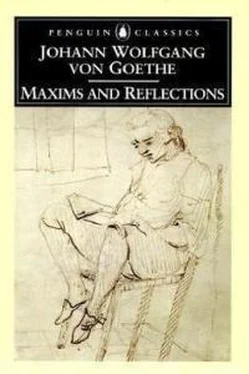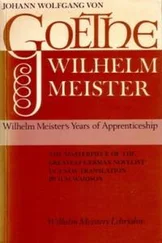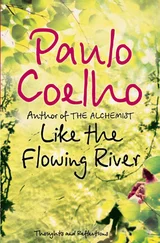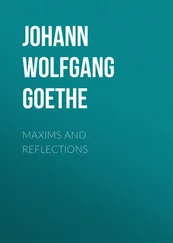Individuality seems to be all her aim, and she cares nought for individuals. She is always building and always destroying, and her workshop is not to be approached.
Nature lives in her children only, and the mother, where is she? She is the sole artist,—out of the simplest materials the greatest diversity; attaining, with no trace of effort, the finest perfection, the closest precision, always softly veiled. Each of her works has an essence of its own; every shape that she takes is in idea utterly isolated; and yet all forms one.
She plays a drama; whether she sees it herself, we know not; and yet she plays it for us, who stand but a little way off.
There is constant life in her, motion and development; and yet she remains where she was. She is eternally changing, nor for a moment does she stand still. Of rest she knows nothing, and to all stagnation she has affixed her curse. She is steadfast; her step is measured, her exceptions rare, her laws immutable.
She has thought, and she ponders unceasingly; not as a man, but as Nature. The meaning of the whole she keeps to herself, and no one can learn it of her.
Men are all in her, and she in all men. With all she plays a friendly game, and rejoices the more a man wins from her. With many her game is so secret, that she brings it to an end before they are aware of it.
Even what is most unnatural is Nature; even the coarsest Philistinism has something of her genius. Who does not see her everywhere, sees her nowhere aright.
She loves herself, and clings eternally to herself with eyes and hearts innumerable. She has divided herself that she may be her own delight. She is ever making new creatures spring up to delight in her, and imparts herself insatiably.
She rejoices in illusion. If a man destroys this in himself and others, she punishes him like the hardest tyrant. If he follows her in confidence, she presses him to her heart as it were her child.
Her children are numberless. To no one of them is she altogether niggardly; but she has her favourites, on whom she lavishes much, and for whom she makes many a sacrifice. Over the great she has spread the shield of her protection.
She spurts forth her creatures out of nothing, and tells them not whence they come and whither they go. They have only to go their way: she knows the path.
Her springs of action are few, but they never wear out: they are always working, always manifold.
The drama she plays is always new, because she is always bringing new spectators. Life is her fairest invention, and Death is her device for having life in abundance.
She envelops man in darkness, and urges him constantly to the light. She makes him dependent on the earth, heavy and sluggish, and always rouses him up afresh.
She creates wants, because she loves movement. How marvellous that she gains it all so easily! Every want is a benefit, soon satisfied, soon growing again. If she gives more, it is a new source of desire; but the balance quickly rights itself.
Every moment she starts on the longest journeys, and every moment reaches her goal.
She amuses herself with a vain show; but to us her play is all–important.
She lets every child work at her, every fool judge of her, and thousands pass her by and see nothing; and she has her joy in them all, and in them all finds her account.
Man obeys her laws even in opposing them: he works with her even when he wants to work against her.
Everything she gives is found to be good, for first of all she makes it indispensable. She lingers, that we may long for presence; she hurries by, that we may not grow weary of her.
Speech or language she has none; but she creates tongues and hearts through which she feels and speaks.
Her crown is Love. Only through Love can we come near her. She puts gulfs between all things, and all things strive to be interfused. She isolates everything, that she may draw everything together. With a few draughts from the cup of Love she repays for a life full of trouble.
She is all things. She rewards herself and punishes herself; and in herself rejoices and is distressed. She is rough and gentle, loving and terrible, powerless and almighty. In her everything is always present. Past or Future she knows not. The Present is her Eternity. She is kind. I praise her with all her works. She is wise and still. No one can force her to explain herself, or frighten her into a gift that she does not give willingly. She is crafty, but for a good end; and it is best not to notice her cunning.
She is whole and yet never finished. As she works now, so can she work for ever.
To every one she appears in a form of his own. She hides herself in a thousand names and terms, and is always the same.
She has placed me in this world; she will also lead me out of it. I trust myself to her. She may do with me as she pleases. She will not hate her work. I did not speak of her. No! what is true and what is false, she has spoken it all. Everything is her fault, everything is her merit.
Goethe's Sprüche in Prosa : zum ersten Mal erläutert und auf ihre Quellen zurückgeführt von G. v. Loeper, Berlin, 1870. This forms the text of the translation.
Wilhelm Meisters Wanderjahre , Bk. I. ch. 10.
Gespräche mit Eckermann , III. 4 January, 1824.








![Иоганн Гёте - Итальянское путешествие [litres]](/books/398657/iogann-gete-italyanskoe-puteshestvie-litres-thumb.webp)



